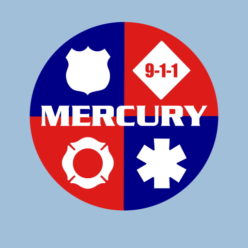The Challenge….
Unique Stressors Encountered
Emergency service providers have become increasingly aware of the impact of stress. The nature of the job exposes first responders to stressful events. Agencies have an increased responsibility to care for the emotional health of their members. Anyone exposed to trauma will have a reaction. Sometimes we need peers to help us work through that reaction.
Factors that Cause Stress
Multiple factors effect an individual’s response to stress and include factors specific to the stressor, such as an individual’s personal characteristics, the intensity of the event, past experiences, learned behaviors and personal and professional resources available. What may stress one individual in a situation may not be stressful to others. Stress can be cumulative over a number of incidents or unusual events over time.
It has been demonstrated that certain events such as the death of a child, death of a co-worker, suicide, high-rise fires, multiple casualties, natural disasters and terrorism are particularly stressful for first responders and their families. Any of these events, plus a host of others may be considered a critical incident.
A critical incident has been defined by Dr. Jeffrey Mitchell, Ph.D. as, and “Any event that overwhelms the normal coping mechanism of an individual and impacts their ability to function either during the incident or later.” Dr. Mitchell is a researcher, instructor and author on stress and disaster psychology, and founder of the multiple component crisis intervention system of care that includes the 7 phase debriefing process – now referred to as the ICISF (International Critical Incident Stress Foundation) model.
